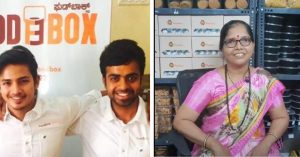How to Adopt a Vegan, Plant-Based Diet Easily? These 6 Startups Helped in My Journey
The author writes about her own transition to a vegan, plant-based diet, and the brands that helped her achieve this lifestyle without it feeling like a tectonic shift, and ensuring they not only met her health needs, but also suited her palate.
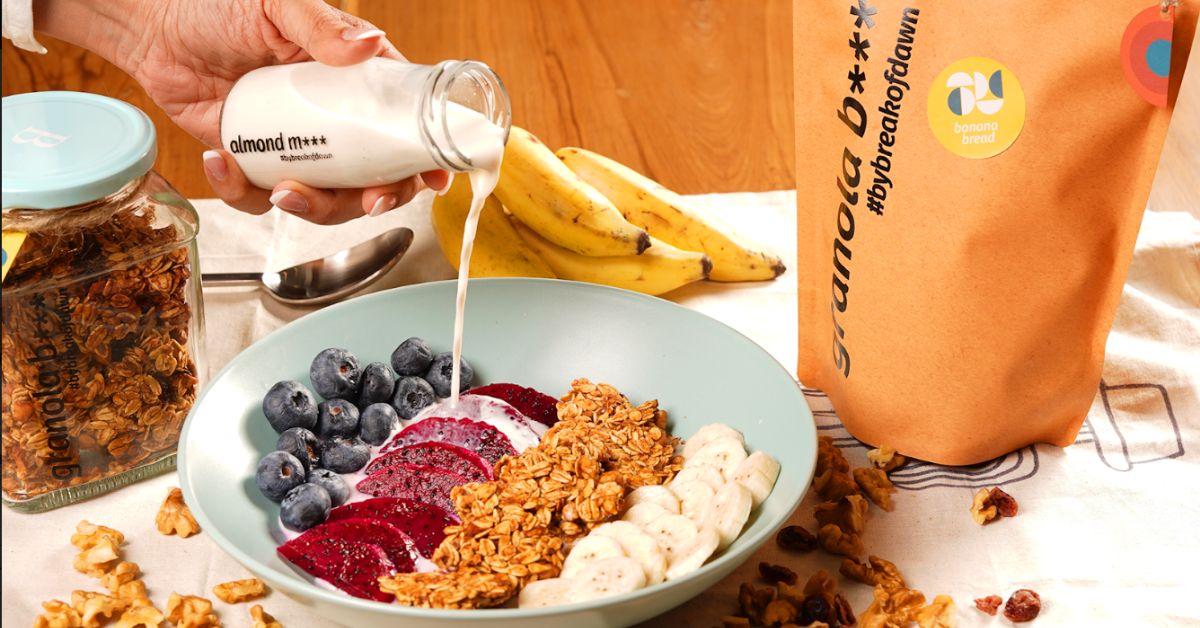
The journey towards compassionate living is spreading its gentle roots all over the world. And for me, it was a decision long brewing.
I was quite the activist in college, that friend who begged you not to eat meat. But I never made the connection that dairy was just one side of the beef and leather industry.
My journey as a nursing mother who prioritised my child’s needs hammered in the cruelty of the dairy industry. The egg industry is no different. Apart from the fact that 90% of commercial eggs come from chickens jammed into battery cages, male chicks are considered waste and ground within hours of hatching.
The switch to vegan, plant-based living had happened in my head, but I needed to learn how to modify my diet, and bring in the right alternatives to ensure my family got adequate and appropriate nutrition.
Being vegan doesn’t necessarily mean healthy eating. You could eat junk and miss out on vital nutrients whether you are non-vegetarian, vegetarian or vegan.
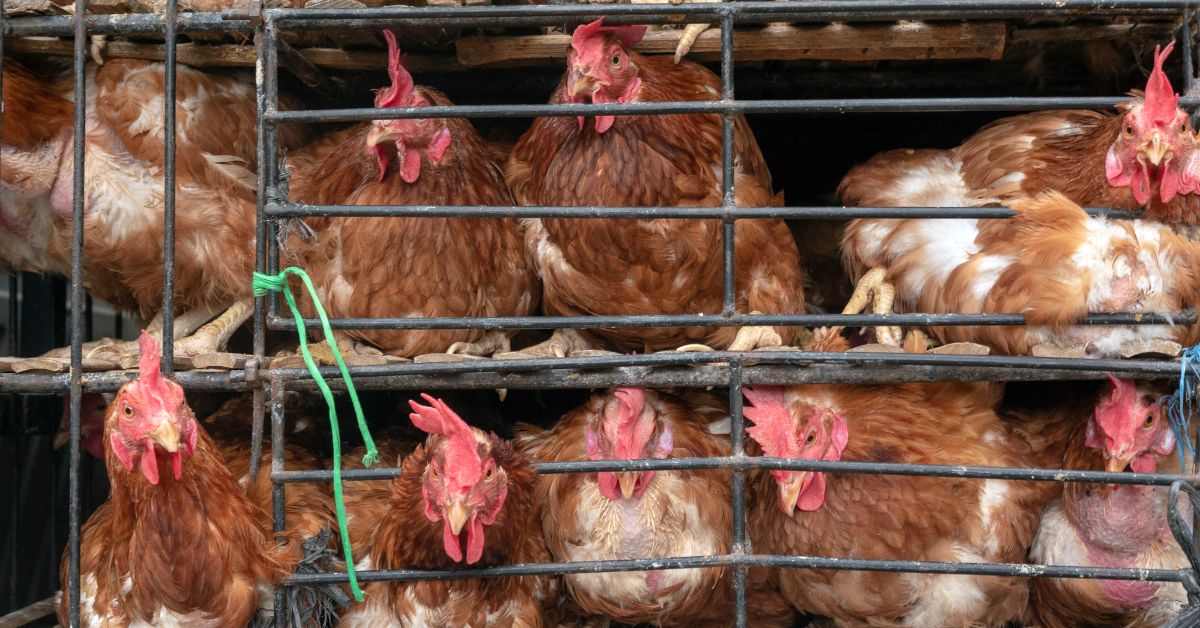
To understand better, I attended a workshop by SHARAN, or Sanctuary for Health and Reconnection to Animals and Nature. This organisation, helmed by Dr Nandita Shah, is devoted to spreading awareness about holistic health and living a sustainable and compassionate life.
The workshop reiterated my concerns with dairy. Not only were we consuming a “growth serum” needed to fatten up a 45 kg calf to a 450 kg adult bovine, with it we were also ingesting hormones, pus cells and antibiotics fed to the animals.
The impact of animal and animal product consumption on our planet and human health is no secret. The cruelty in these industries isn’t either. So why do we continue?
The planet first
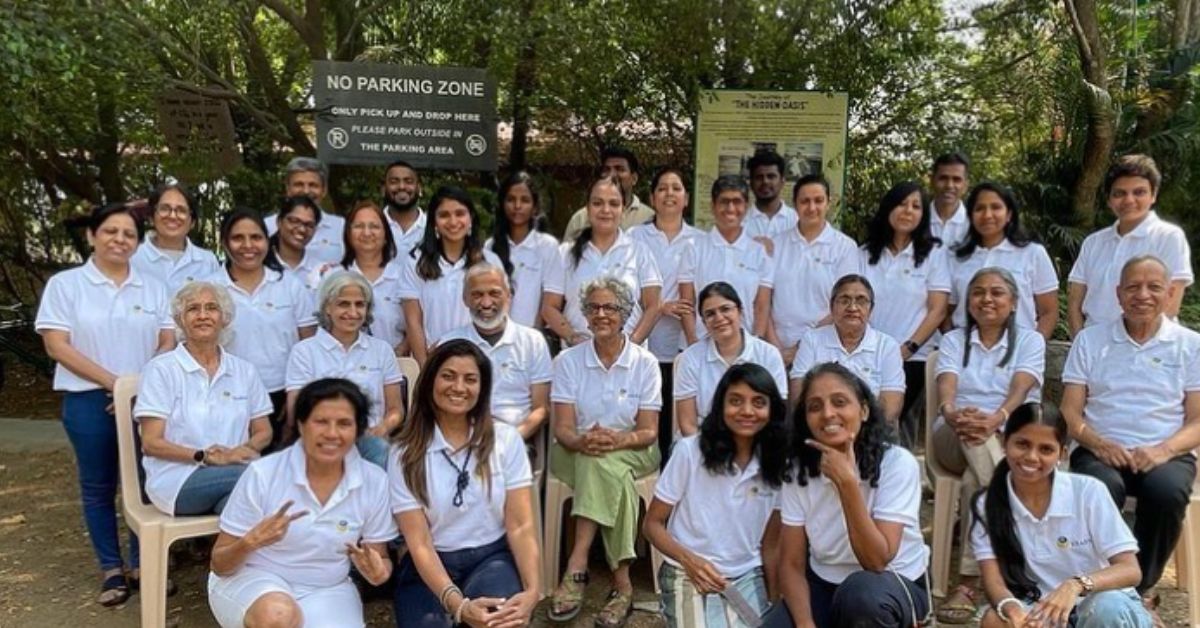
SHARAN celebrates a whole foods, plant-based lifestyle, which at its crux advises you to “eat how nature gives” — whole, unrefined or minimally refined ingredients. Simply put, coconut instead of coconut oil, dates instead of sugar or jaggery, brown rice instead of white, and whole wheat instead of maida.
I started cooking oil-free, adding more coconut, sesame and groundnuts in gravies and even parathas to add healthy fats. I use few refined ingredients, if at all. At restaurants, we eat plant-based vegan meals that may or may not have refined ingredients. This has made the transition easier and sustainable for us as a family.
As a transitioning vegan, I needed to find dairy alternatives for my coffee and curd for my meals. Dairy alternatives are easy to make and cheaper if made at home. When I started my vegan journey, I, too, made plant-based milk, curd and cheese at home, but recently, I’ve sought options that could be procured with little effort.
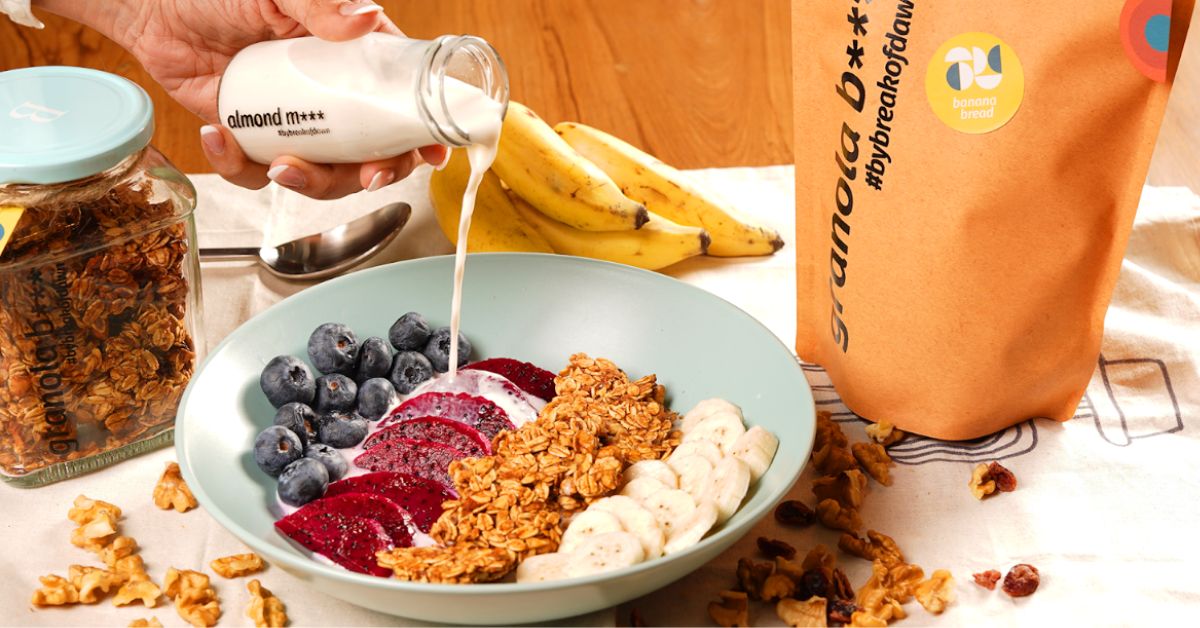
My morning cup of coffee needed a dash of milk. After trying oat milk, cashew milk, coconut milk and soy milk, I settled on almond milk, which I now purchase from Planet 1st.
Chirag Tandon, founder of Planet 1st, started his journey towards veganism more than 20 years ago. “I passed a butcher outside Bandra station… saw chickens hanging without the skin… I stood there for 30 minutes to see how the chicken came to my plate. That very day, I decided to stop (eating) non-vegetarian food, but continued with dairy and eggs.”
“While I was proud I wasn’t harming animals, I was a hypocrite by consuming dairy and eggs,” he says, adding that as a result, he decided to keep animals and animal products off his plate.
Chirag says he became passionate about understanding dairy alternatives after the birth of his child. He didn’t want her growing up on cow’s milk, or plant-based milks available in the market, as many had preservatives, thickeners, and additives, and came in packaging that couldn’t be reused or recycled easily. Almond milk has a short shelf life, which didn’t make business sense. He decided to use the proprietary thermal process method that allows a sealed bottle of plant milk to stay good for 10 to 12 days. Once opened, it needs to be consumed in 2-3 days.
Planet 1st began operations in February 2021 and offers almond, cashew, coconut, nut-seed and millet milk in 500 ml glass bottles, supplied once a week. Empty bottles are picked up at the next delivery. Planet 1st’s almond milk claims to have 13% almonds compared to the 3-5% in branded almond milk. At Rs 285 a litre, almond milk is an expensive alternative to dairy milk. The Planet 1st team has worked on a millet milk that is healthy and competitively priced at Rs 85 a litre.
‘Where do you get your protein?’
My next hurdle in going plant-based was curd. I learnt to make groundnut curd at SHARAN, but that didn’t suit my palate. I came across a recipe for groundnut curd by Susmitha — better known as ‘Veganosaurus’ on Instagram — and her method of steaming the groundnut milk changed the final output. The emulsification of groundnut oil into the water resulted in thick, creamy curd. This became my go-to recipe. When One Good’s groundnut curd became available in Mumbai, I moved to that.
Abhay Rangan, the founder of One Good, formerly Good Mylk, has had an amazing journey as an entrepreneur, fuelled by passion and the fervent need to help people move to plant-based living. His parents made the shift to veganism many years ago, inspiring him and his sister to follow.
The shift was easy, he says, as his mother made all the alternatives and ensured neither taste nor health was sacrificed. They wanted to do more for the cause, “an ambitious family,” Abhay says. The mother-son duo started delivering vegan products across Bengaluru, sowing the seeds for One Good.
Abhay says the foundation of his company is being affordable and accessible. “The excuse I would often hear was that veganism is expensive for me, because the alternatives are expensive. We thought we’ll have one alternative that prevents people from making excuses.”
One Good, which started out of a kitchen, is today one of the foremost plant-based food companies in India. Apart from plant-based curd, milk, butter, cheese, it also has plant-based dressings, plant protein, supplements and chocolate. Over the last few months, they have offered freshly made cashew oat milk to certain localities in Bengaluru. As Abhay puts it, “We are expanding pin-code to pin-code.”
Given the niche products and low-density demand spread across the country, one of the biggest challenges faced by plant-based entrepreneurs is cold-chain logistics.
Vijay Pandey of Health on Plants (HOP), another Bengaluru-based company, knows this all too well. When I asked him about the limited availability of HOP products in Mumbai, he mentioned the challenges of the cold chain.
The most frequent question vegans are asked is, “Where do you get your protein?” If you eat a well-balanced whole foods plant-based diet, you get sufficient proteins, but athletes like Vijay need more.
Vijay’s journey into veganism began in 2009, when he attended a session by SHARAN. Over the course of that year, he turned vegan. As an athlete, he needed to fuel his ultra marathons. He didn’t have confidence in the plant protein powders available in India. If he upped his lentil intake, the total calorie intake would go up. In order to up his proteins but stay fit and lean, he looked towards tofu, which contains essential amino acids, is low on carbs, and a good source of calcium.
Tofu is made using a simple process, but it’s not easily scalable, and the product is highly perishable. The complaints about most brands in the market was the rubbery, bland taste. Vijay felt there was a need to customise tofu for the Indian palate. “Indians tend to consume tofu with their curries, a replacement for paneer. So what you get in Southeast Asia may not gel with our Indian culinary sensibilities.”
So he “started reading about different methods, and how it’s made in China, Japan, Southeast Asia, and America.”
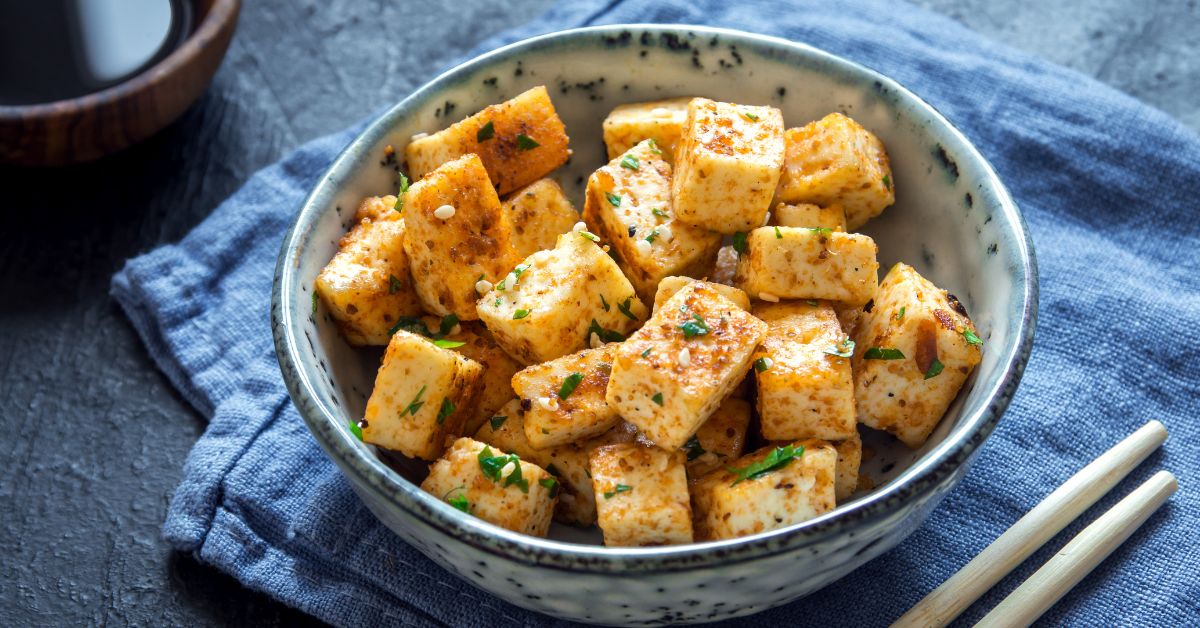
With the tandoori tofu variant, I think, HOP has thrown the issue of compatibility with Indian cuisine right out of the window. One of the popular HOP variants, this pre-marinated tofu lends itself to Indian cuisines, even vegan biryani, which is a regular at my home — made with HOP tandoori tofu and One Good Curd.
HOP also offers tempeh, a protein super-house, as well as two plant-based curds, soy milk, cheese, and ready-to-cook products like tofu koftas, burger patties and momos. Recently, HOP re-launched Soy Milk — or as they call it, a Soy Drink — which they say doesn’t have the additives, thickeners, oils, sweeteners and comes with the promise to not taste beany. This is available in major cities across India when purchased from the HOP website, and hopefully soon in local stores.
‘Where do you get vegan products?’
Online grocers like Big Basket stock limited vegan alternatives. Enter specialist grocers like Rare Earth and Greend India in Mumbai, Plantarium in Hyderabad, Earth Story in Chennai, and online marketplaces like Vvegano, Vegandukaan and vegan-friendly ones like Urban Platter.
Greend India was a boon for me. When brands have a limited distribution network, delivery charges make it expensive for a small family unit, and specialist stores like Greend step in.
Sephra Abraham started Greend India in 2019 as a young, 25-year-old vegan. Sephra came across veganism while living in Spain. “It is a mind game,” she says. “The minute I made my decision, I never went back.”
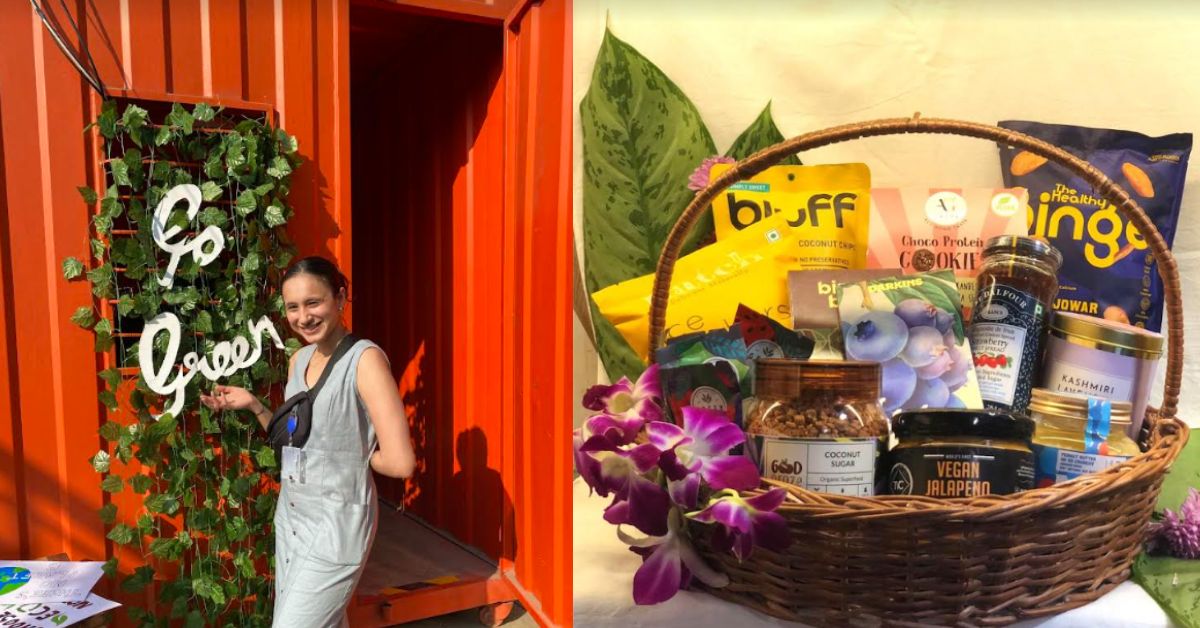
In 2016-2017, the vegan community in Mumbai was small, so she had few options to purchase vegan products. That led to the idea of a platform for vegans. She started as an e-commerce platform in 2019, and opened the physical store in March 2021. Greend India is the second such physical store in Mumbai, with the other popular one being Rare Earth, opened in 2019 by Shammi Sethi.
Sephra believes the plant-based movement is blooming, people want choices, good quality products hence the growing number of startups in the plant-based food industry. Business is good, Sephra says, with the afterglow from the success of the Sustaina-Bash held on 26th February 2023 in Mumbai. Curated by Greend India, the Sustaina-Bash & Vegan Pop-up had over 15 vegan plant-based food companies, lifestyle and fashion brands, a special vegan menu and a live band at the rooftop bar of a popular restaurant.
At one such similar pop-up market, I chanced upon Break of Dawn. Pardita Mascarenhas, the founder, went vegan in 2015. She realised there were many stumbling blocks to staying on course. For her, it was the lack of good quality and affordable dairy alternatives.
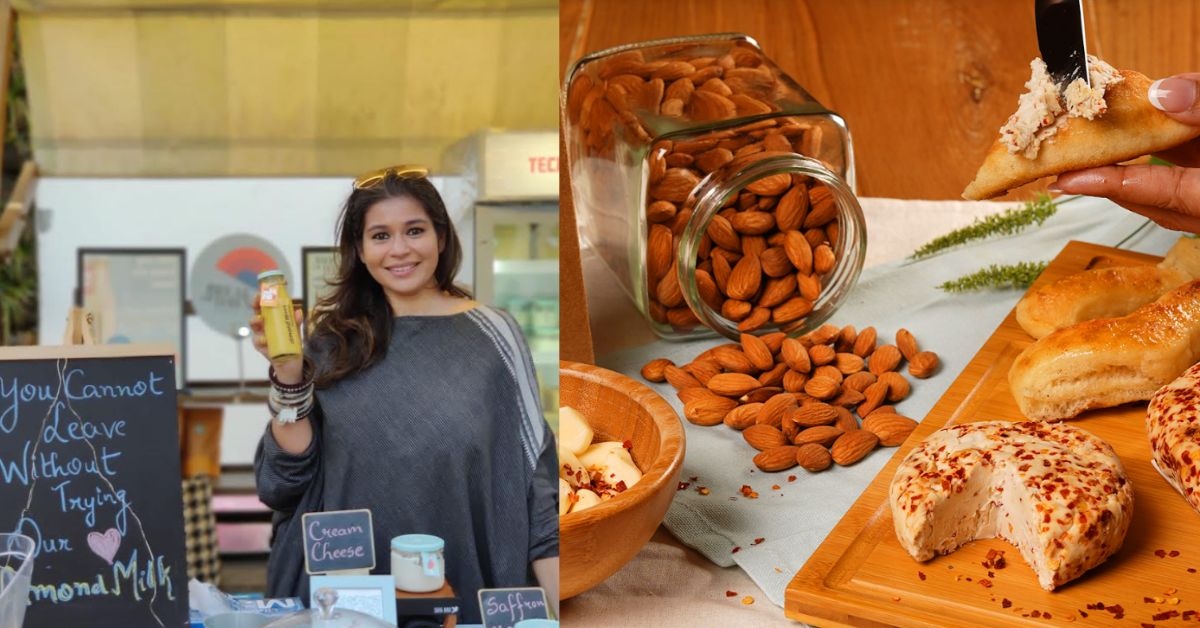
She started making almond milk for herself, her family and friends. The appreciation she received gave birth to Break of Dawn in June 2017. Pardita wanted to offer fellow vegans, transitioning vegans and health conscious people “fresh preservative-free, stabiliser-free almond milk at their doorstep at the crack of dawn”. Her guiding thought was, “If dairy milk can be delivered at your doorstep, then why not almond milk?” Hence, the name.
In the five-and-a-half years since its inception, BOD has become well-known for plant-based, oil-free feta cheese, parmesan, ‘nogurt’, tzatziki, granola, crackers, bliss balls, and the recently launched luscious cream cheese.
With sobriquets like “doodhwali”, “feta aunty” and “almond queen”, Pardita believes, “If food isn’t tasty, we will not succeed in helping people transition.” I’m not surprised that over 80% of her customers aren’t vegan or even lactose intolerant, they simply love BOD for the freshness, quality ingredients and superior taste.
Another brand that got me my favourite guilty pleasure is Nomou. This Mumbai based ice-cream brand was started by Hemali Gala and Samir Pasad in 2020. Nomou is a rich, creamy ice-cream offering 21 flavours and made with coconut milk or cream, soy or almond milk and sweetened with palm sugar, which has a lower glycemic index than refined sugar. Nomou had me hooked for their taste and clean label.
The first step
This move to vegan plant-based living might feel like a tectonic shift, because food is ingrained into our memories, sense of belonging, and associations with home. Who doesn’t have a family favourite to lean on after a hard day?
This journey, therefore, depends on alternatives. When I shifted to a plant-based lifestyle in 2018, India was waking up to veganism and many entrepreneurs were starting to offer vegan plant-based alternatives. This made it easier for transitioning vegans like me. If you are tempted to start your journey towards compassionate living, then begin with foods that are purely for pleasure, and not for sustenance.
Surely, these shouldn’t be at the pain or suffering of a sentient being? As beautifully encapsulated by Maya Angelou, “Do the best you can until you know better. Then when you know better, do better.”
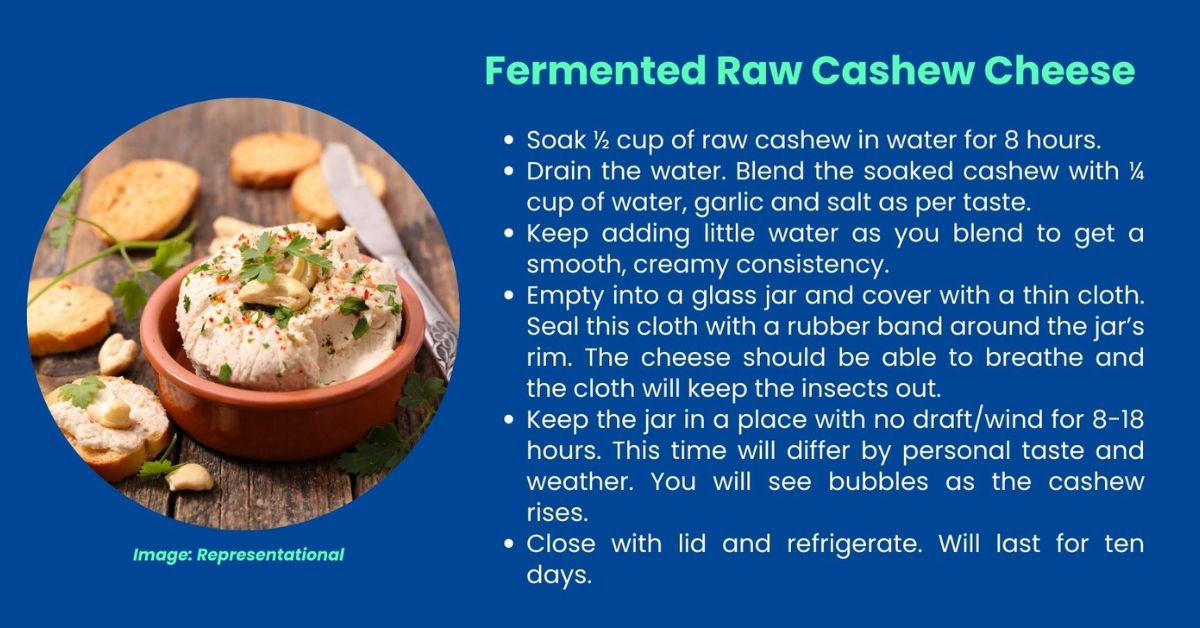
Written by Bhavani; Edited by Divya Sethu
This story made me
- 97
- 121
- 89
- 167
Tell Us More
We bring stories straight from the heart of India, to inspire millions and create a wave of impact. Our positive movement is growing bigger everyday, and we would love for you to join it.
Please contribute whatever you can, every little penny helps our team in bringing you more stories that support dreams and spread hope.







